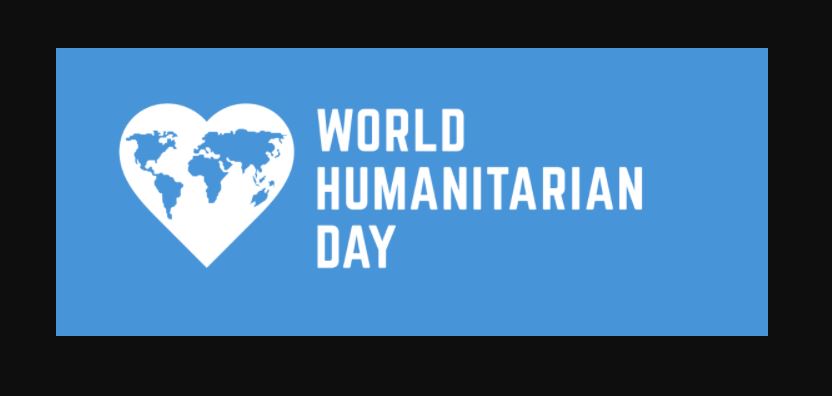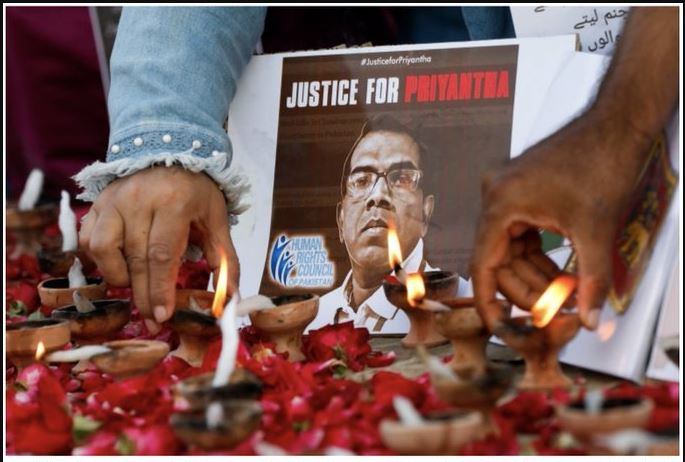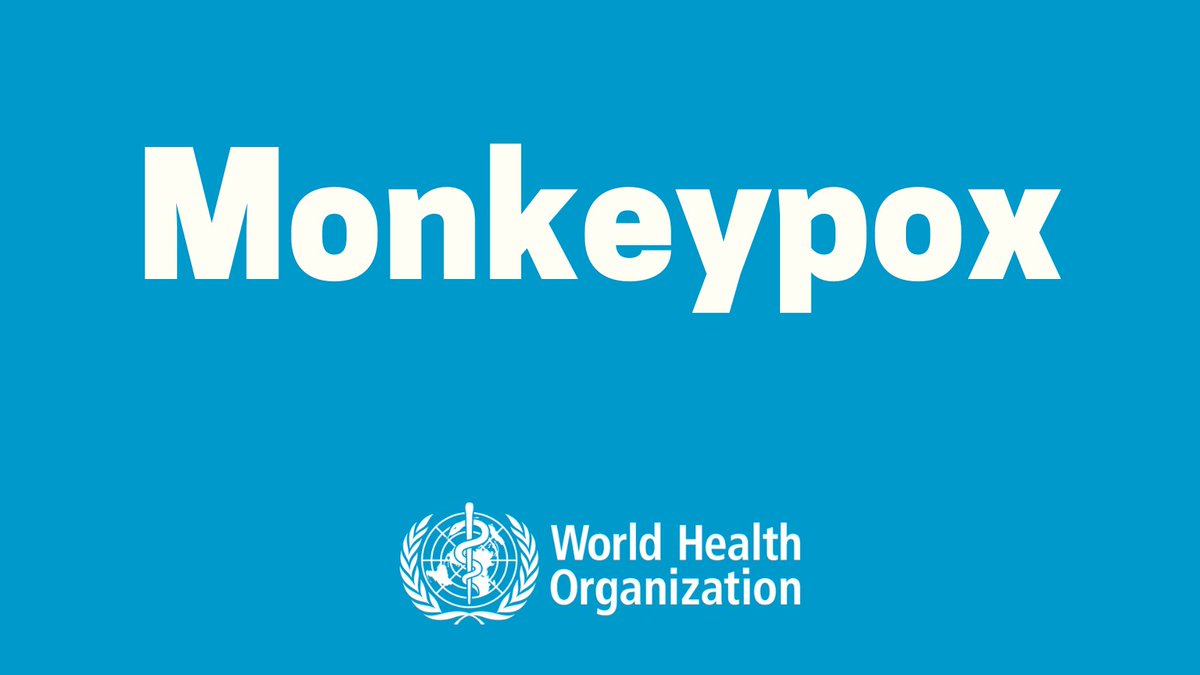This year on International World Humanitarian Day we are highlighting the immediate human cost of the climate crisis and the need to take action to protect the most vulnerable, here in Sri Lanka and across the world.
In May last year, as the world was reeling from COVID-19, another crisis was brewing just 300 KM east of Colombo. Super Cyclonic Storm Amphan formed in the Bay of Bengal over exceptionally warm sea surface temperatures. The storm made landfall on May 20 and displaced over 5 million people in South Asia. In December, just as Sri Lanka was recovering from the second wave of the COVID-19 crisis, Cyclone Burevi made landfall displacing 10,336 people in the Northern and Eastern provinces. An efficient response by the authorities evaded a humanitarian crisis.
Unless we change track, we will continue to see more extreme weather events. The recent report by the UN Intergovernmental Panel for Climate Change (IPCC), notes that the warming of the oceans has affected the frequency, intensity, and locations of tropical storms. The report’s regional forecast for Asia, notes that in South Asia heatwaves and humid heat stress will be more intense and frequent and both annual and summer monsoon precipitation (rainfall) will increase during the 21st century.
Climate change impacts all aspects of life and livelihoods, especially for marginalized groups. Not only is it threatening food security and increasing the likelihood, recurrence and intensity of climate and weather-related disasters; it is already undermining humanitarian preparedness and response capacities, as well as the overall resilience of our life support systems, including agriculture, health, water, and infrastructure. According to the Disaster Risk Reduction Status Report 2019, recurring disasters have caused recorded damages of nearly $US 7 billion between 1990-2018 in Sri Lanka.
Without drastic efforts to reduce greenhouse gas emissions, the humanitarian impacts of climate change will be far worse. By making meaningful changes we can still save our planet and save the most vulnerable.
Here in Sri Lanka, given its natural resources, renewable energy in place of fossil-fuel-fired plants will help reduce the carbon footprint of the country. Similarly, we need climate-smart agriculture that uses conservation farming techniques and farmers must also be made aware of the impact of their actions on climate change. For the protection of Sri Lanka’s coasts, we need to delineate critical areas and have a special Integrated Coastal Zone Management plan. Finally, we need to engage communities in disaster and climate risk management and invest in local humanitarian action to build resilience ahead of potential crises.
The humanitarian system plays an important role in the fight against the climate emergency, by advocating for affected vulnerable people and responding to their needs with often life-saving support. Therefore, this International World Humanitarian Day we need to count the human cost of climate change on the most vulnerable people and act to mitigate its impacts. As we rebuild and recover from COVID-19, it is the perfect opportunity to envision a greener tomorrow and avoid the humanitarian crisis we could face in the future owing to climate change. It is our responsibility to act now to safeguard our people and our planet.
Hanaa Singer-Hamdy
UN Resident Coordinator
19 August 2021





